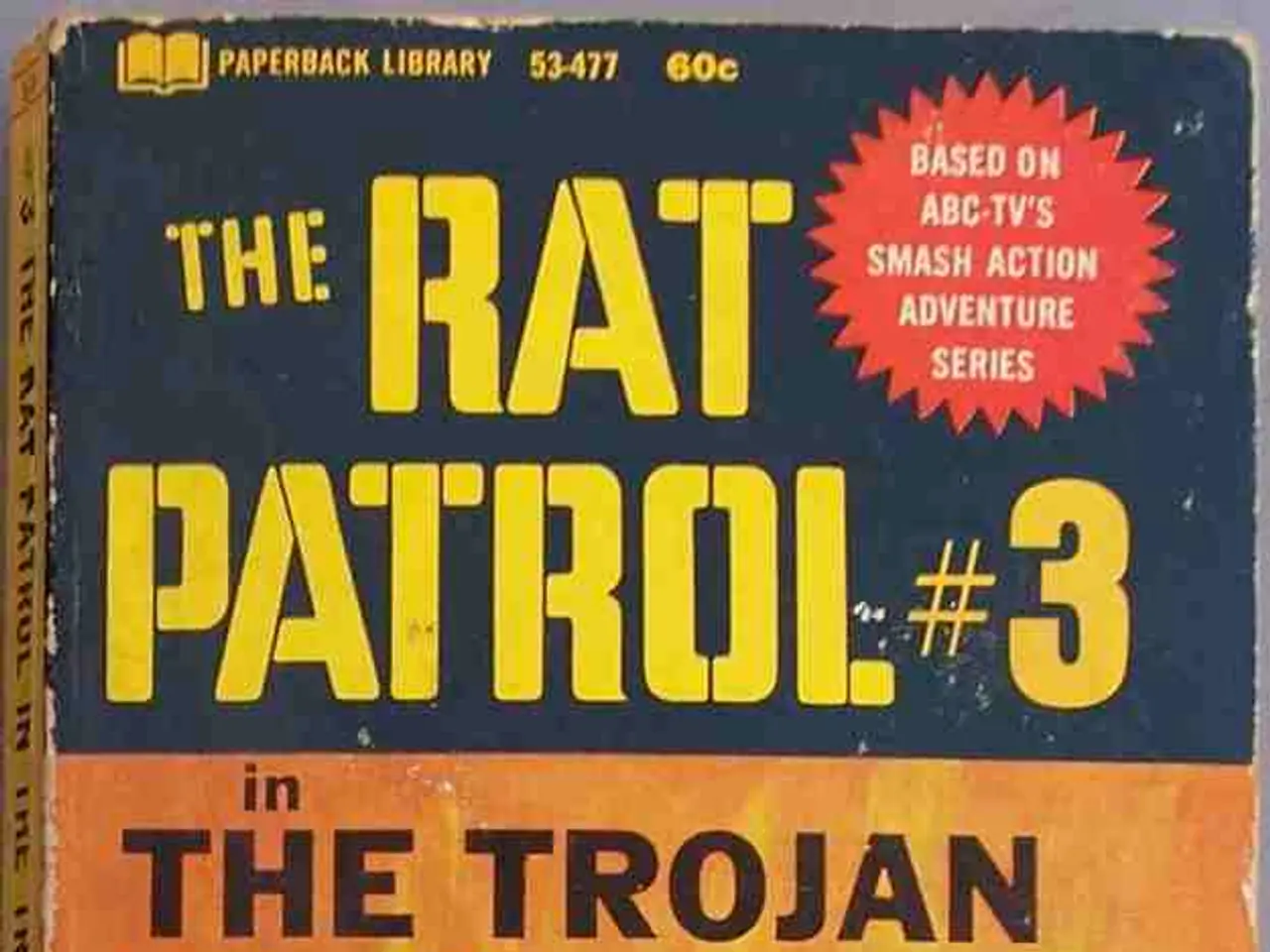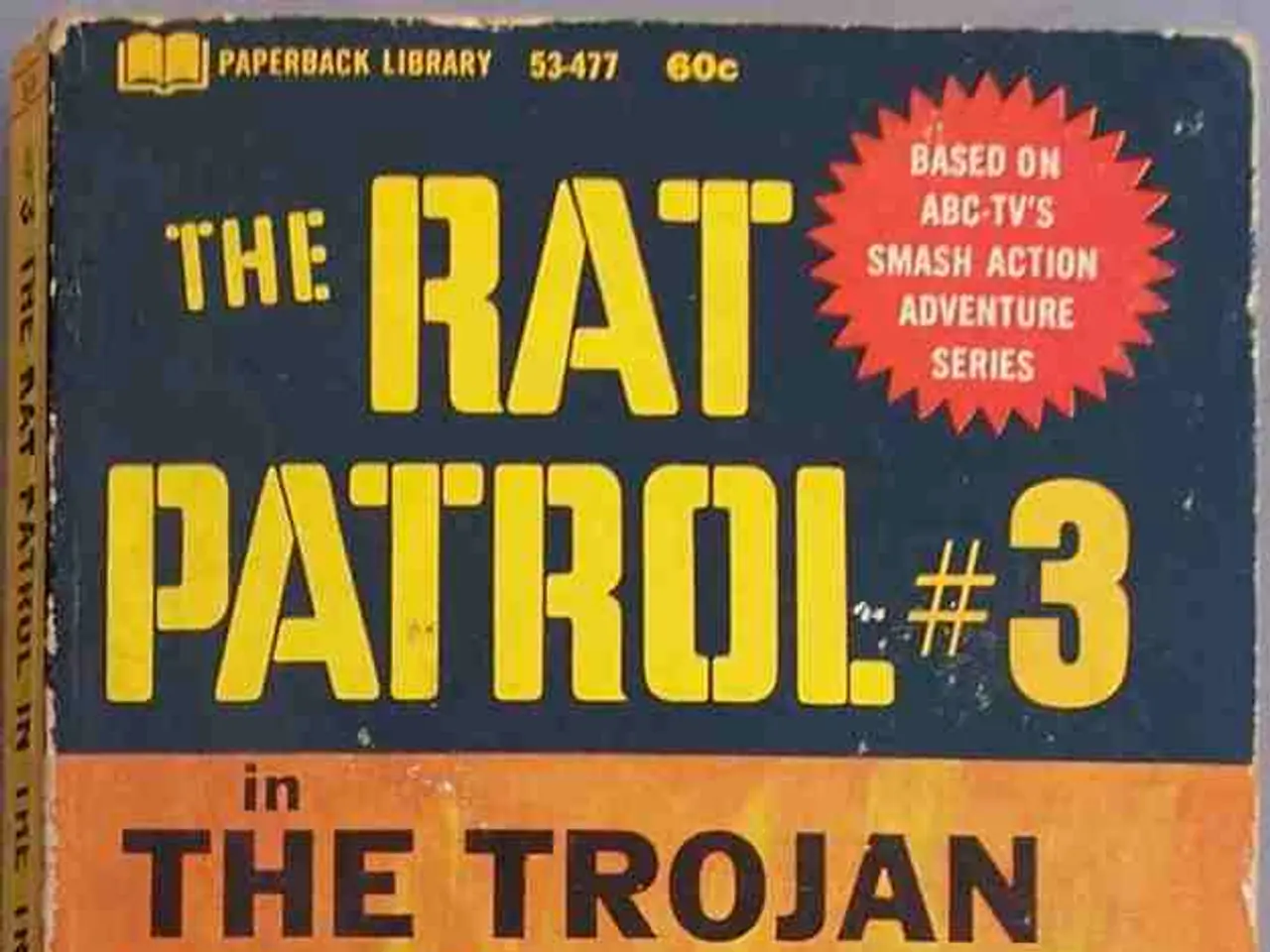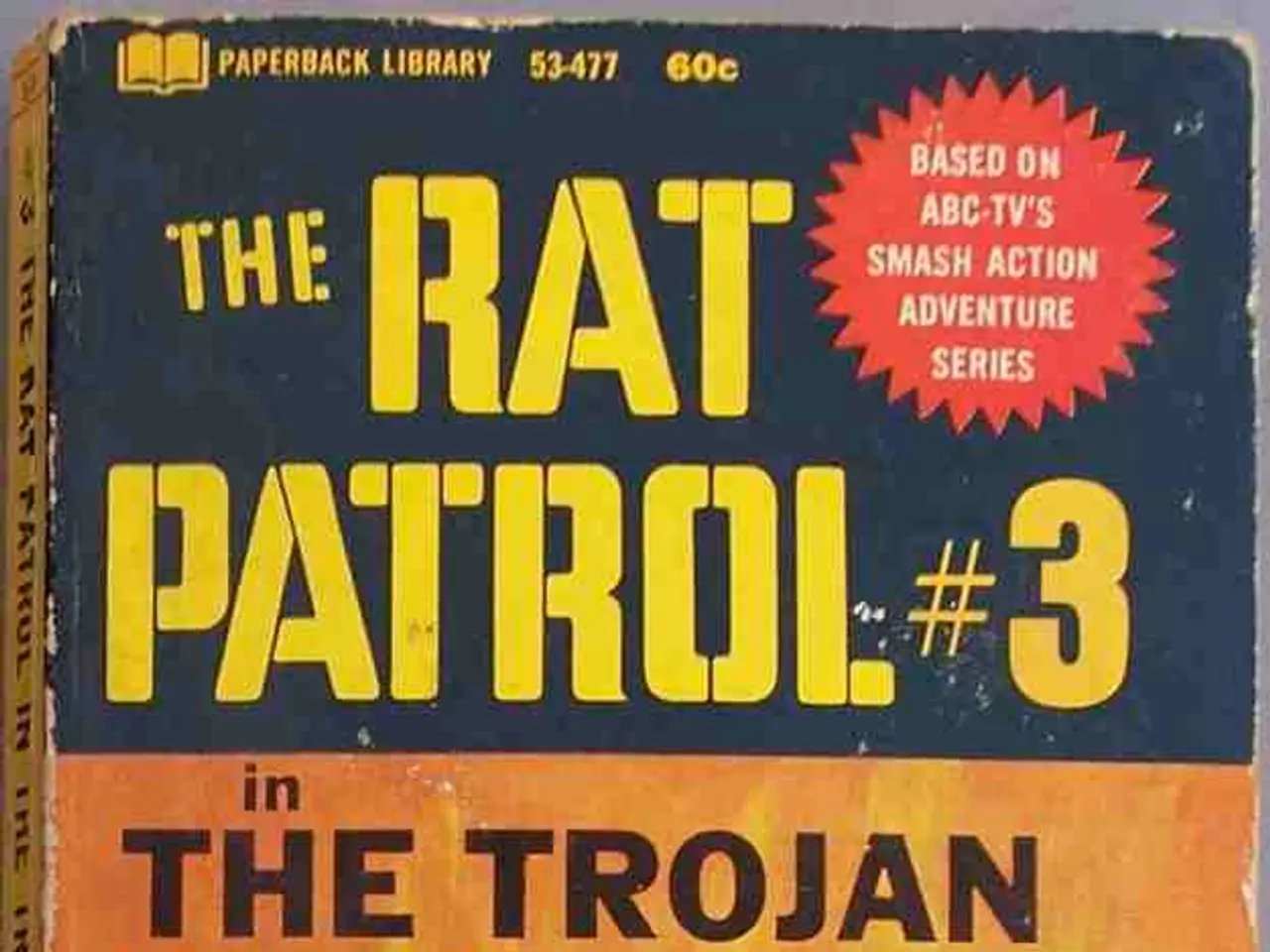Intends Israel to seize control over Gaza City: Exploring potential repercussions
Israel's decision to expand its military operation in the Gaza Strip, with plans to occupy Gaza City and defeat Hamas, is causing significant international concern. The move is seen as potentially exacerbating the already dire humanitarian crisis, destabilizing the region, and endangering civilians.
Humanitarian Impact
The expansion of the military operation is intensifying a severe humanitarian catastrophe in Gaza. With widespread famine, the displacement of around 1.9 million Gazans (90% of the population), and decimated medical infrastructure, the new plans risk forcing mass population movements under dangerous conditions, further prolonging the humanitarian crisis.
Hostage Situation
The Israeli military leadership is balancing its operational plans to defeat Hamas with efforts to free hostages held by the group. However, officials have emphasized prioritizing military objectives, which has created internal political debate and international scrutiny over the fate of hostages and civilian safety.
International Condemnation and Legal Concerns
Several global actors, including UN officials and European governments, have condemned the military expansion as likely to violate international humanitarian law. The UN warns the offensive could ignite "another horrific chapter" of death and displacement, while diplomatic statements explicitly condemn the escalation and call for peaceful, political solutions.
Regional Stability Risks
The offensive risks destabilizing the broader region. The UN and other observers caution that the plans—as they foresee a prolonged military siege and clearance operations—could escalate regional tensions and conflict beyond Gaza.
Humanitarian Access and Aid Challenges
The ongoing blockade, restrictions on dual-use items (including water purification supplies), and attacks on humanitarian workers have severely limited aid delivery. Israeli security concerns about Hamas exploiting supplies contribute to controlling mechanisms that complicate and limit humanitarian relief, worsening civilian suffering.
Military Success vs. Radicalization
Israel highlights tactical successes such as eliminating key Hamas leaders and rescuing hostages. However, warnings from the US and others suggest that Hamas's ability to replenish fighters due to the war's radicalizing effects on Gazans complicates long-term security.
In summary, Israel's expanded military operation in Gaza has triggered international alarm over the potential for massive civilian harm, legal violations, and regional destabilization, while complicating hostage rescue efforts amid a worsening humanitarian crisis. The international community is increasingly calling for political solutions given the apparent absence of a military resolution to the conflict.
EU Commission President Ursula von der Leyen has also called on Israel to question a further military escalation in the Gaza Strip.
- The expanded military operation in Gaza by Israel is under scrutiny by the EU Commission President Ursula von der Leyen, as it raises concerns about a potential increase in war-and-conflicts, political instability, and the violations of international humanitarian law, amidst the already critical humanitarian crisis and growing regional tensions.
- In the midst of Israel's military escalation in Gaza, political discussions are taking place internationally about the delicate balance between achieving military objectives, namely defeating Hamas, and ensuring general-news including preserving civilian safety, preventing humanitarian catastrophes, and finding lasting political solutions to the ongoing conflict.






